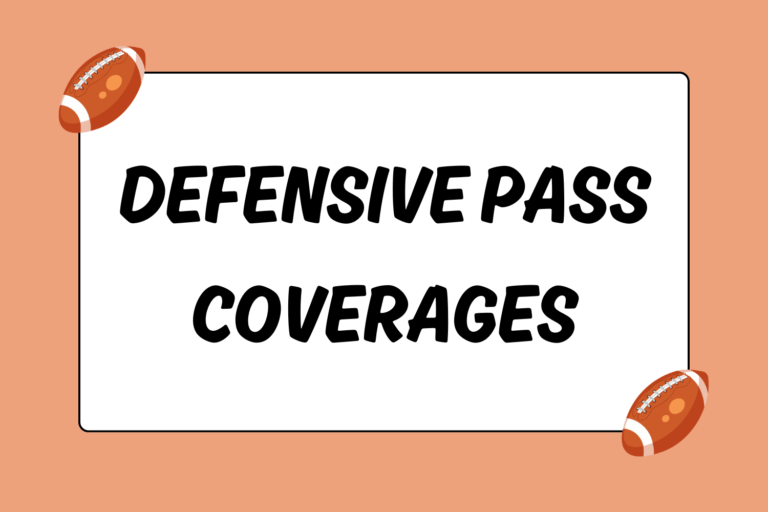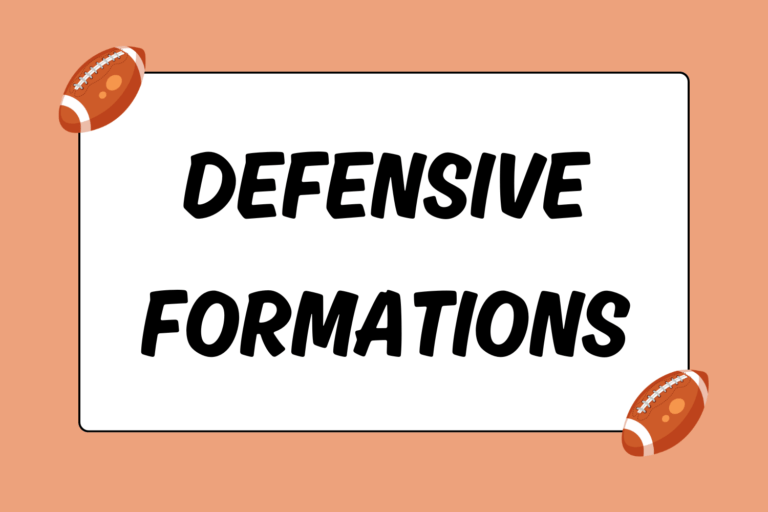To be a football coach, technically the only thing that’s required is to be hired by a football team for a coaching position. To be a good football coach, several other key components are required. Anyone who’s played football has likely had multiple coaches, running the gamut from ‘eager, inexperienced new guy’ to ‘30-year seasoned, widely-despised dictator’ and everything in between.
Most players can quickly pick up on whether their coach is good; this doesn’t necessarily mean players like their coach and want to be friends, but it does mean they recognize that the coach knows what he is talking about. This guide features a list of some of the more prevalent characteristics of a successful football coach.
Clear Communication Habits
Anyone who’s ever had to take instructions knows the frustration of being expected to carry out a task, but having no idea how it’s supposed to be done. This is especially true of athletes in general, and football players specifically. A coach who can effectively communicate — not only to the players, but to the other coaches as well — is crucial to ensuring that everyone involved understands what their respective responsibilities entail.
Two crucial areas in which coaches should be able to clearly communicate are:
- Practice and training structure: If a coach says practice starts at 4:00 pm, does that mean players should be in the locker room changing at that time, or out on the field stretching by that time? Does practice start the same way every day? Is there a schedule to follow? A good coach should have a detailed and structured idea of how practice will be run.
- Expectations for players’ behavior: From requiring players to address the coaches as ‘Coach’ or ‘Sir,’ to locker room protocol, to what happens before practices and games; the less a coach leaves to question, the better players understand what’s expected of them, the more accountable they are for their actions. Included in this should be specific consequences that occur when a player’s behavior does not meet the set expectations.
Good communication doesn’t just mean using clear, concise language. Ensuring that players are able to communicate their understanding of something is just as important; this includes everything from making sure players know that they’ll have to run laps if they’re late to practice, to double-checking that a pulling guard understands which player he is supposed to block during a run-through in practice.
Being Tough but Fair
Football is a tough game, and football players are (to varying degrees) tough people. Generally, tough people respect someone they view as being at least as tough, if not tougher, than themselves. This is especially true among a football team; if players feel like their coach is a pushover, and doesn’t properly command control of the team, then they likely won’t respect him.
Being a tough coach doesn’t mean resorting to violence when a player fumbles the ball; although players won’t usually respect a coach they view as wimpy, fear is not a better a motivator for players (and in many ways is worse).
Among the things that ‘tough’ should entail:
- Pushing players to excel in practice, even if they’re tired.
- Holding all players, from the back-up punter to the star running back, to the same standards.
- Expecting maximum effort from players at all times.
- Strictly adhering to the rules and expectations set forth at the beginning of the season.
When players fully accept that it’s the coach’s way or the highway, it has a very significant and positive impact on their ability to function together as a team.
The flipside, however, is to ensure that players understand that it’s also their team. When mistakes are made, whether they show up late or miss a blocking assignment, a good coach will give the player a chance to explain themselves before automatically punishing them. Perhaps the player in question was late to practice because he was making up a test, or the player missed a block because there were two defenders blitzing to the same spot.
Giving players a chance to explain themselves doesn’t communicate weakness, it demonstrates that their coach doesn’t rush to judgment. This is seen as a sign of respect, and respect given by a coach is usually returned several times over by a player.
Being Involved in Players’ Personal Lives
The title of ‘Coach’ also includes, depending on the level of football, responsibilities normally associated with parents, teachers, social workers, and even therapists. It’s important for a coach to make his players understand that he is primarily concerned with how the team functions, but at the same time a good coach understands that his players are also people. A great coach will understand that his players are people before they’re football players.
The high school player who’s struggling in English class may be surprised when his coach asks about his grades, but he would likely be grateful if the coach were to set him up with a tutor or other assistance outside of class. Such actions go a long way to endearing players to their coach, and as a result they want to perform better. There’s nothing that says the coach has to help, which is part of why players usually respond so positively to it.
Good Coaches are Good People
Aside from an astute understanding of the game of football, being a good coach really just comes down to being a good person. Unfortunately it’s not an absolute; plenty of people who are intelligent when it comes to understanding football are also complete jerks as people. But by and large, being a decent person with a passion for the game goes a long way to becoming a good football coach.





